
AeroGenie — 您的智能副驾驶。
热门趋势
Categories
Aviation Expert Sanat Kaul Questions AI 171 Crash Report, Urges Pilot Involvement in Investigation
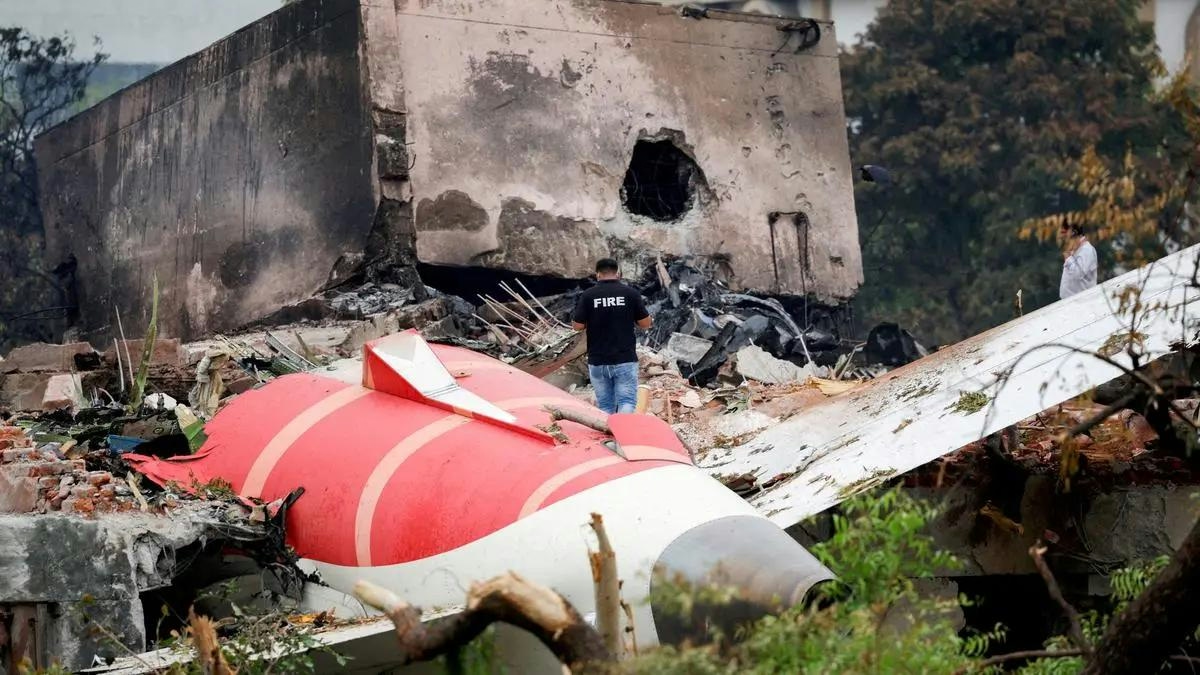
Aviation Expert Sanat Kaul Questions AI 171 Crash Report, Urges Pilot Involvement in Investigation
Concerns Over Preliminary Report and Investigation Transparency
Aviation expert Sanat Kaul has expressed serious reservations regarding the preliminary investigation report into the Air India AI 171 crash, which tragically claimed 241 lives. Kaul emphasized the necessity for greater transparency and the inclusion of experienced pilots in the investigative process. The preliminary report, released by the Ministry of Civil Aviation, was notably unsigned, a detail Kaul criticized, stating, “It should have been signed. But I don't think the report is ok. We should wait for the final report, and the final report may not align with the preliminary report; there can be several changes.”
Kaul highlighted the importance of adhering to the International Civil Aviation Organisation’s (ICAO) guidelines, which recommend the involvement of pilots familiar with the aircraft involved—in this case, the Boeing 787. He insisted that if a pilot with Boeing 787 experience is unavailable, at minimum, someone with Boeing 737 expertise should be included. This stance reflects broader concerns raised by the Federation of Indian Pilots and the Airline Pilots' Association of India, both of which have questioned the composition of the investigation team. These associations argue that the absence of qualified and experienced pilots undermines the credibility of the inquiry and have criticized the premature leak of the unsigned preliminary report to the media. They further warned that the investigation appears predisposed to attributing the crash to pilot error without sufficient evidence.
Composition of the Investigation Committee and Wider Implications
The Ministry of Civil Aviation has defended the investigation, asserting that it is being conducted in strict accordance with ICAO Annex 13 and the Aircraft (Investigation of Accidents and Incidents) Rules, 2017. The multi-disciplinary committee, chaired by the Union Home Secretary, includes senior officials from the Ministry of Civil Aviation, the Home Ministry, Gujarat’s State Disaster Response Authority, the Indian Air Force, and the Bureau of Civil Aviation Security. Despite this broad representation, critics maintain that the absence of active pilots on the panel may hinder a thorough evaluation of operational procedures and human factors critical to understanding the crash.
Beyond the investigation itself, the AI 171 crash has had significant repercussions across the aviation sector. Insurance companies and aviation insurers are closely monitoring the situation, while competitors have initiated internal reviews of Boeing’s Dreamliner model and their own safety protocols. Additionally, families of the victims have accused Air India of applying pressure during compensation negotiations, further complicating the aftermath of the tragedy.
Kaul and pilot associations continue to advocate for the inclusion of pilots in the investigation, arguing that their expertise is vital for a comprehensive and impartial inquiry. They contend that pilot involvement would provide essential insights into operational and human factors, which could contribute to restoring public confidence and enhancing aviation safety standards.
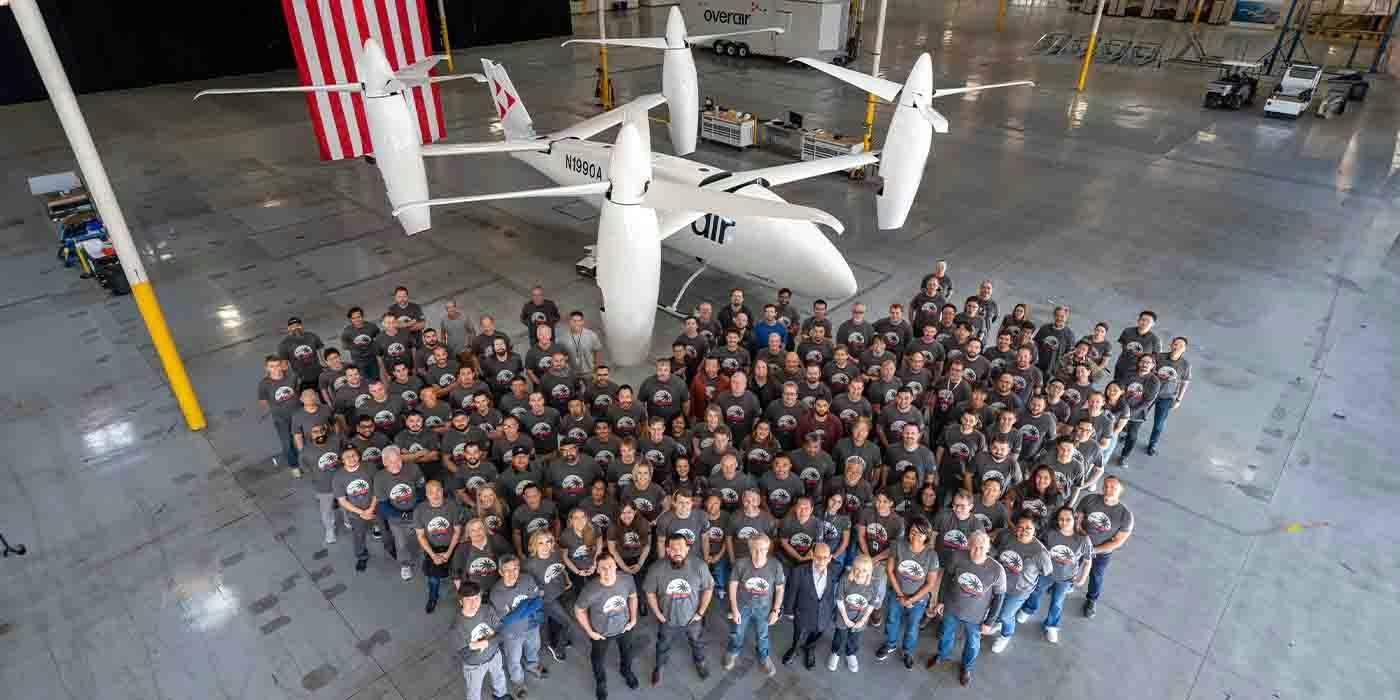
Unique mixed-propulsion eVTOL completes transition flight testing
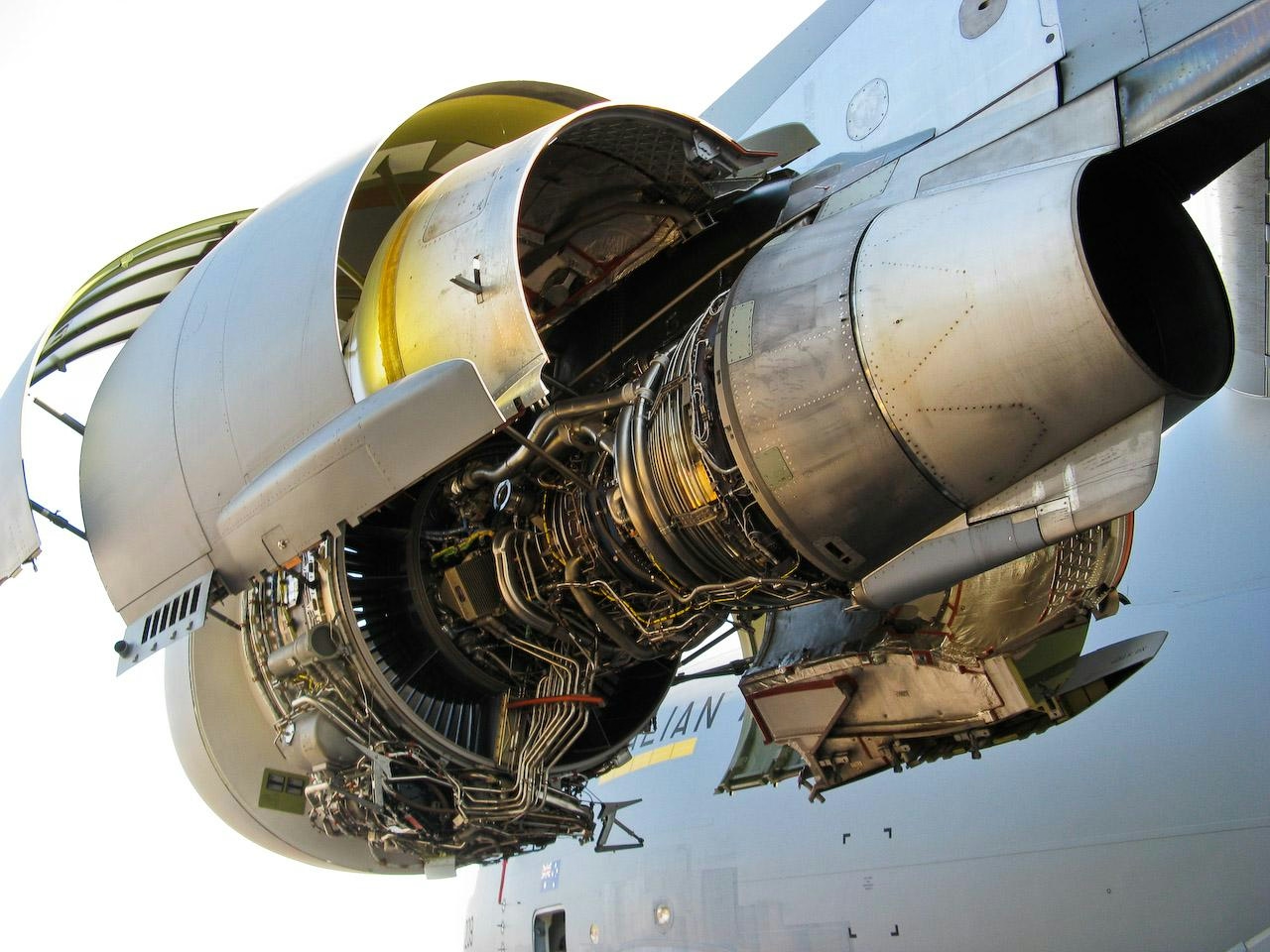
Are C-17 Globemaster Engines Derived from Boeing 757?
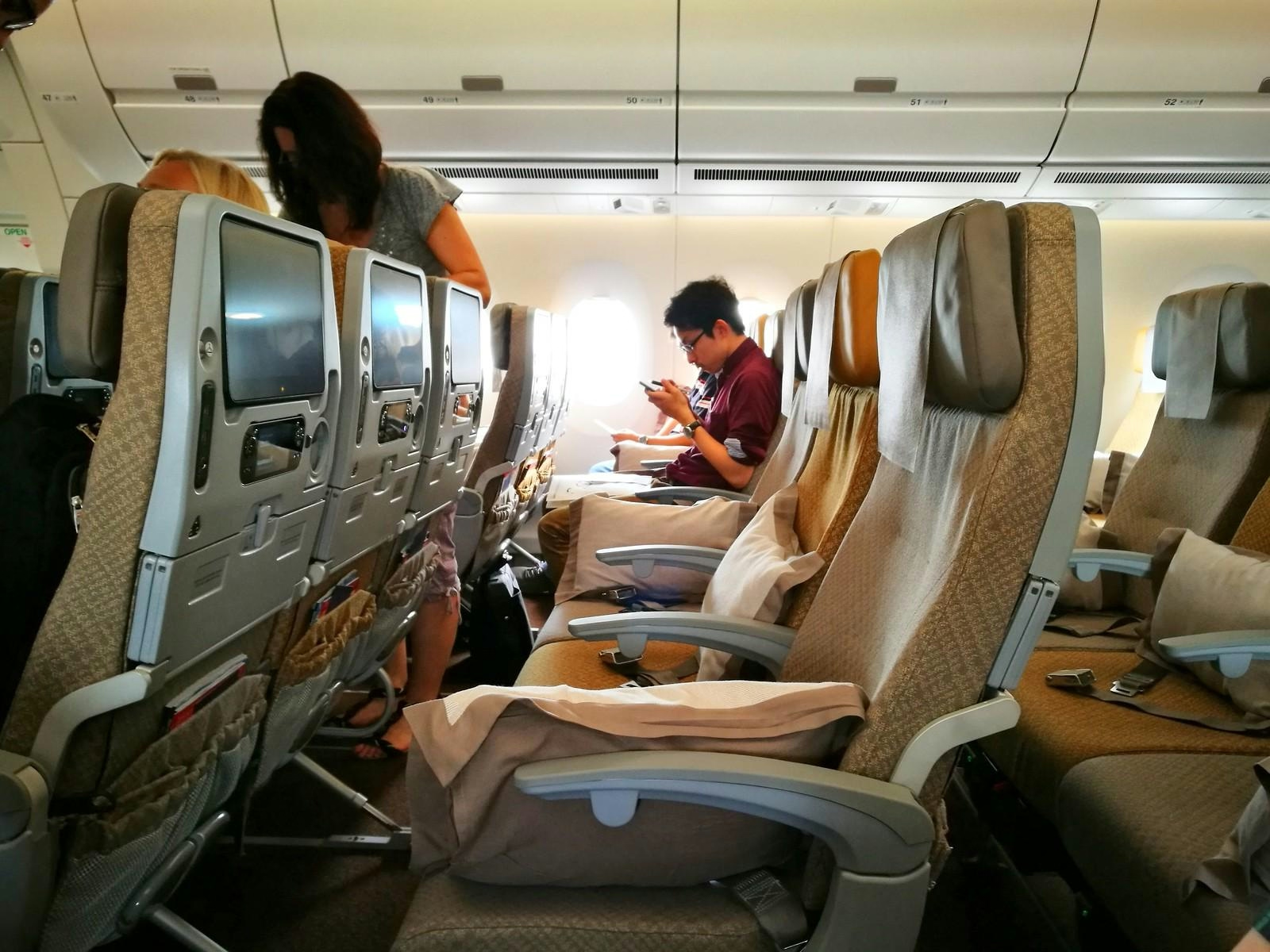
Why the Airbus A350’s Cabin Is Quieter Than Other Aircraft
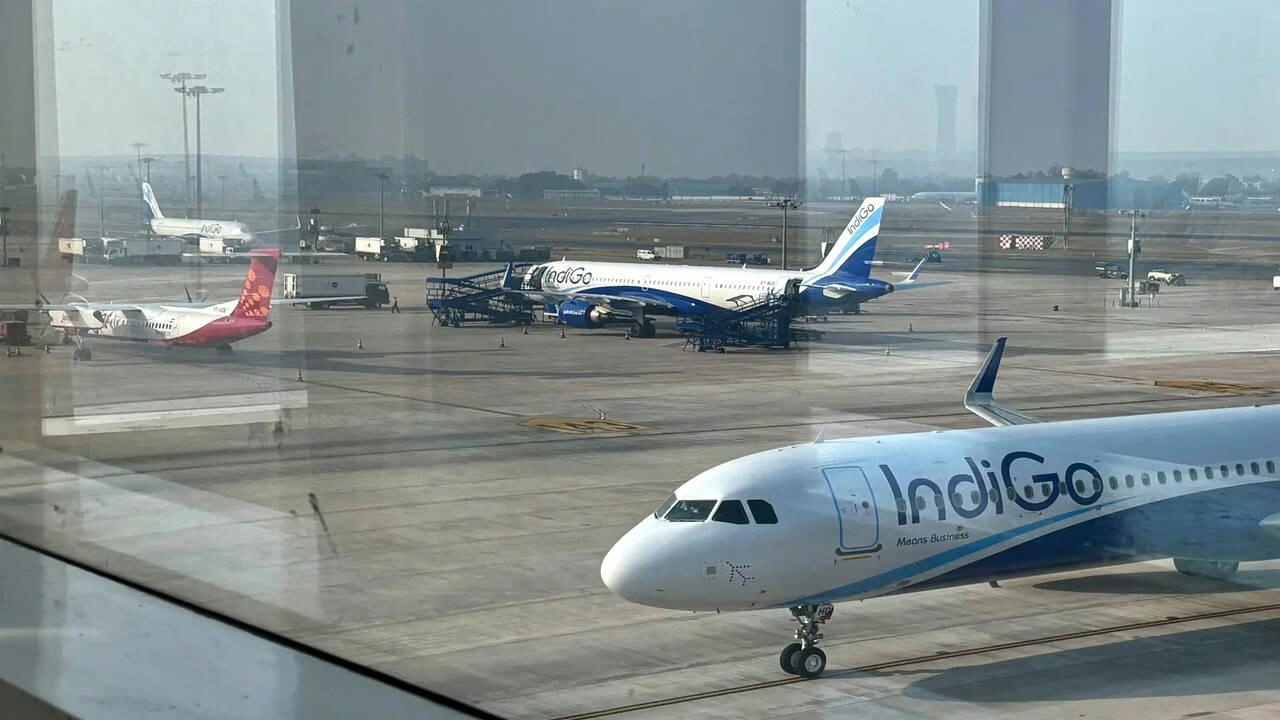
AI and AI Express Plan to Increase Capacity Amid IndiGo Flight Disruptions
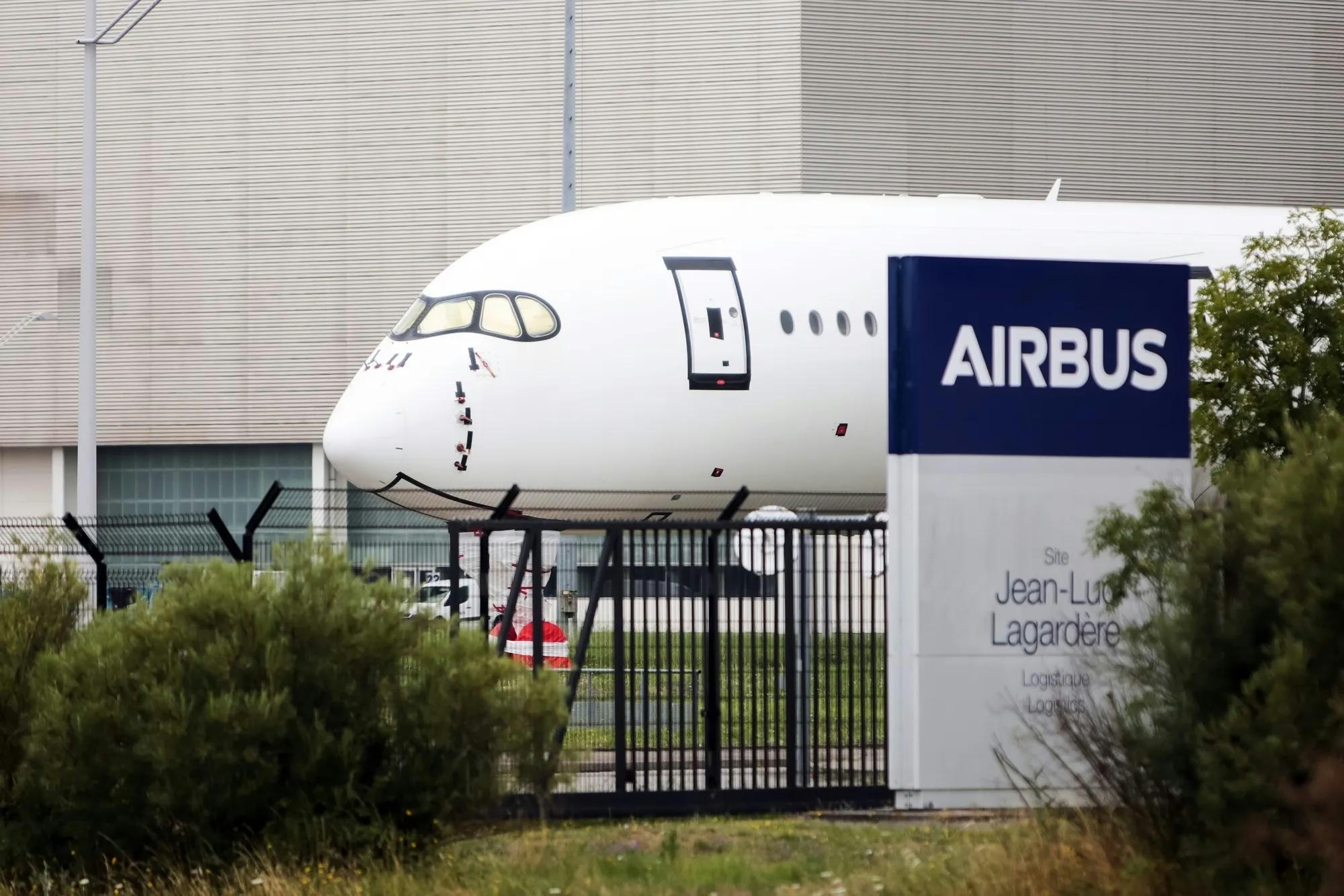
Kazakhstan and France Agree on Airbus Aircraft Deliveries
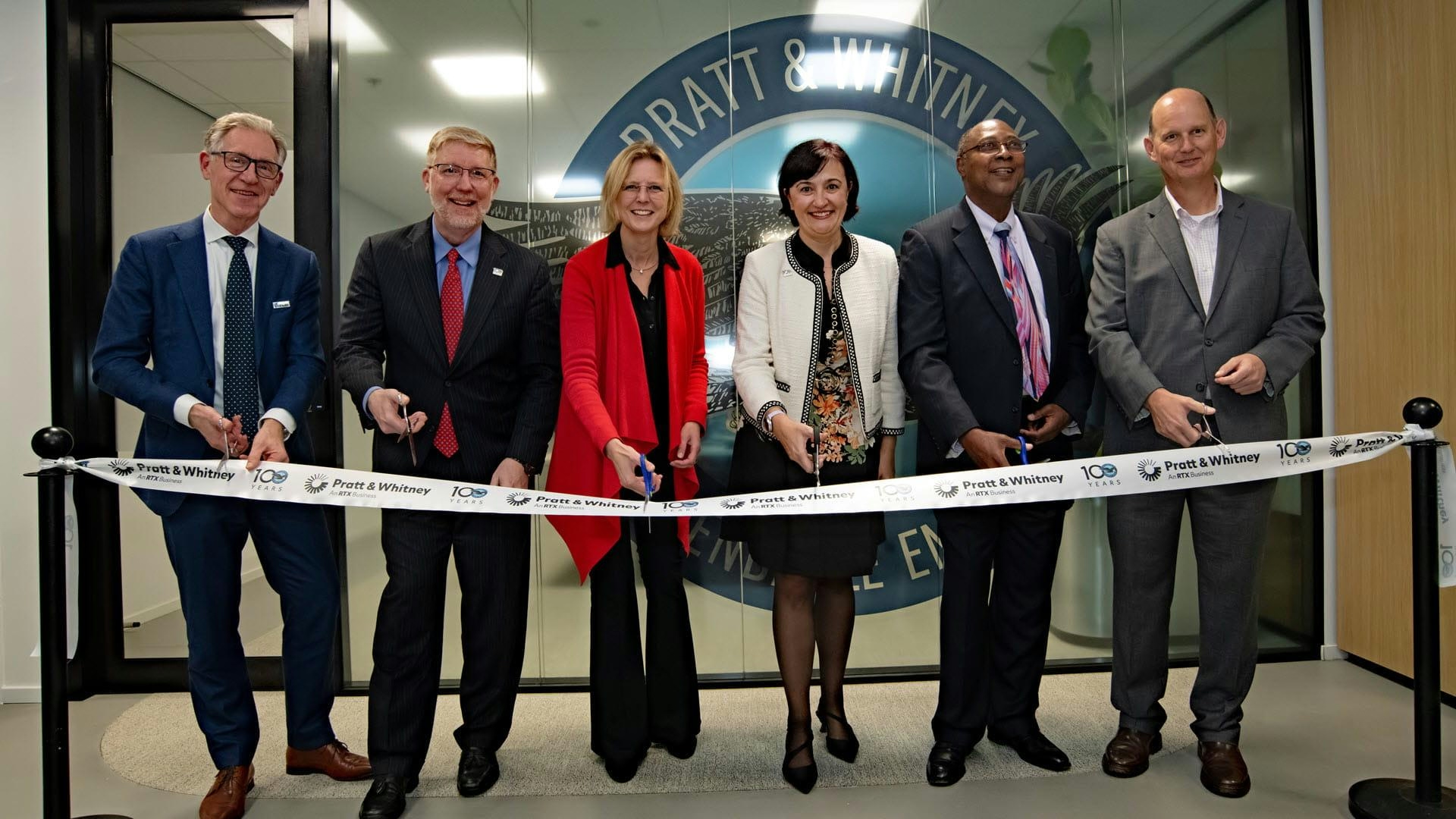
Europe’s Emerging Talent Drives Aviation Innovation
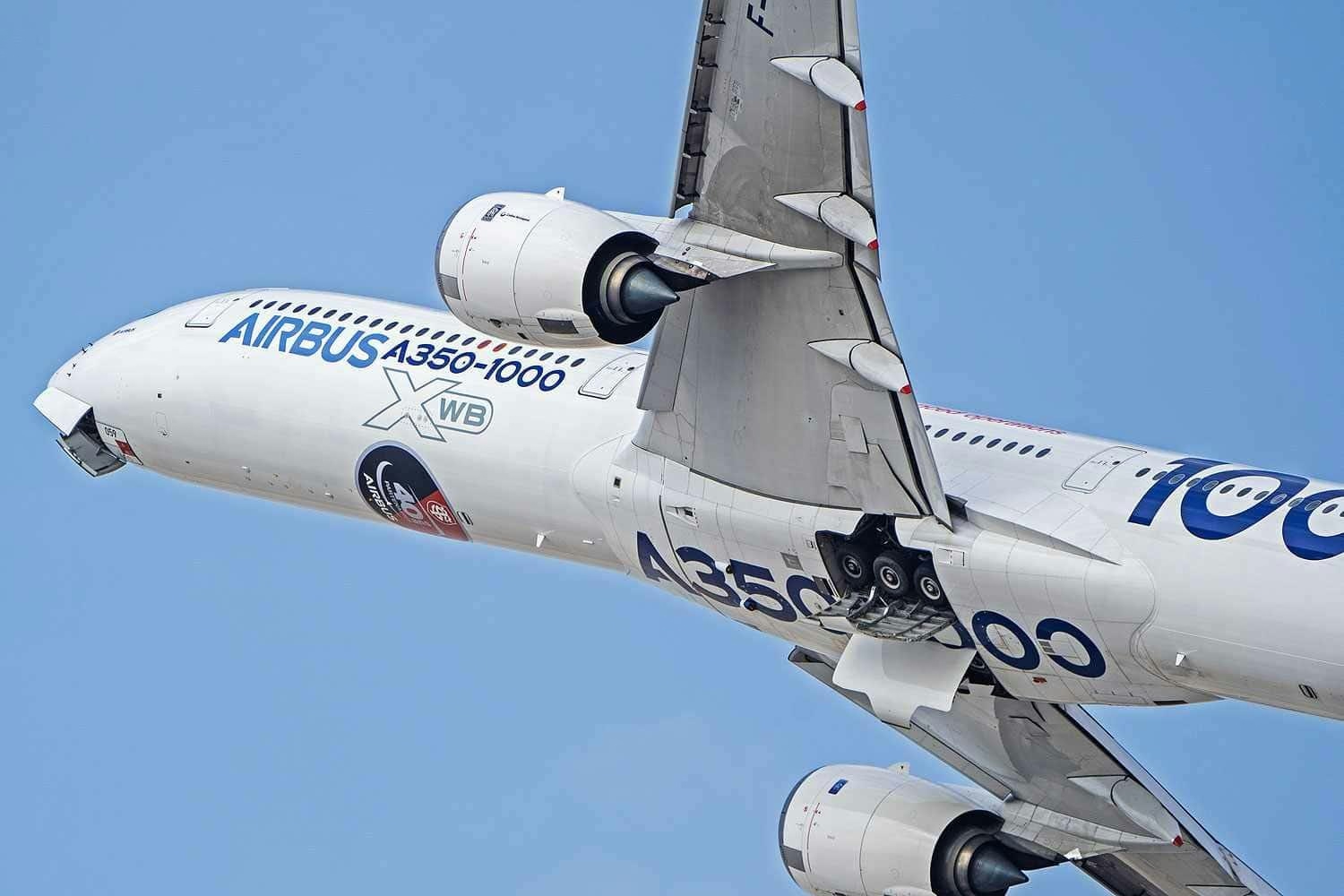
Airbus Receives New Order for A350-1000

The Leading Widebody Aircraft in Service Today
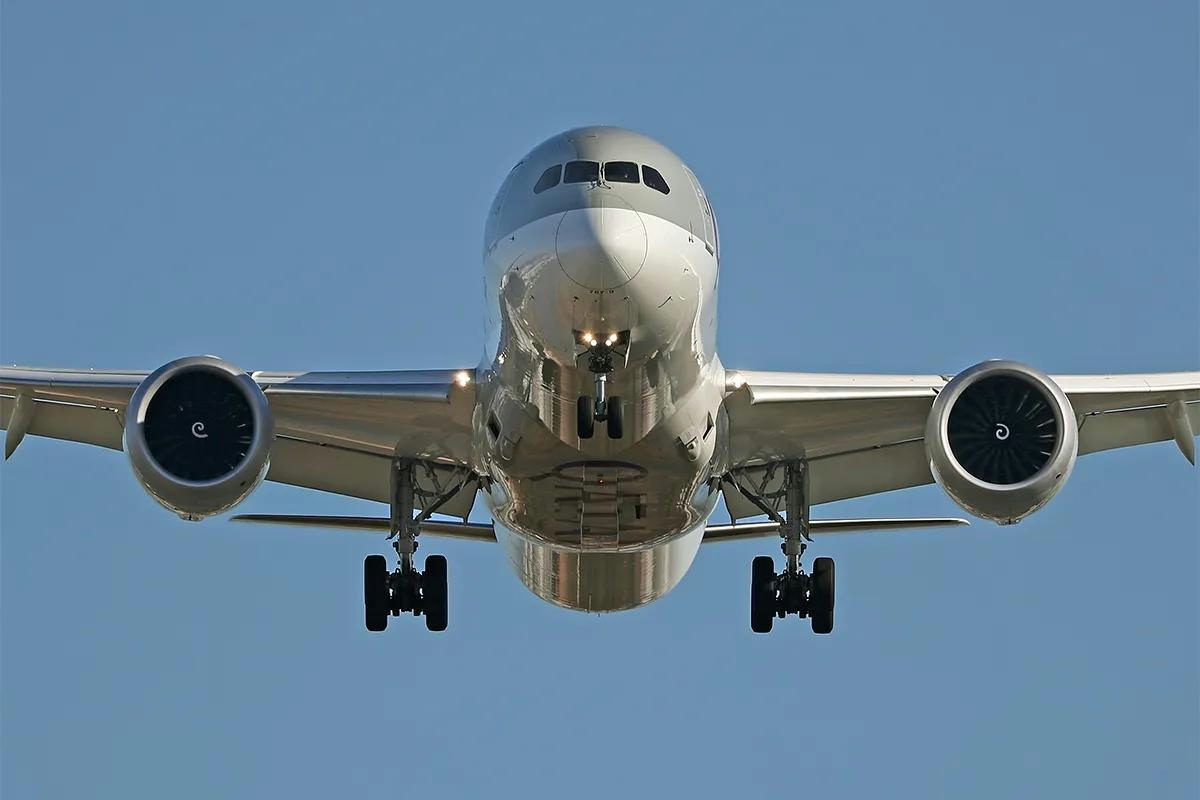
The Fastest Boeing Jet Currently in Service
